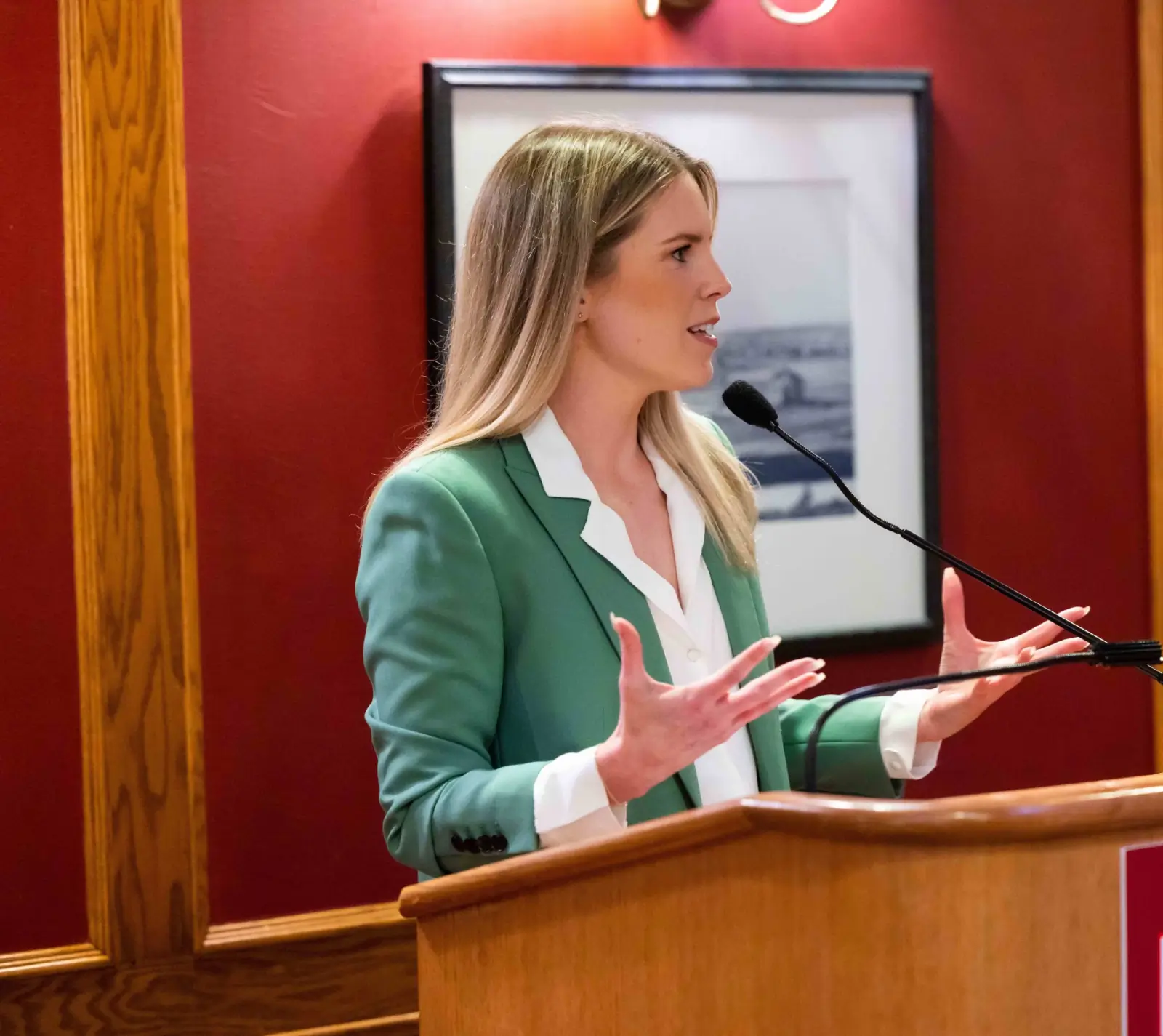I kicked imposter syndrome to the curb. Here’s why you should, too
Personal growth08.08.2023
Imposter Syndrome. Two words that had a hold on me many times throughout my 30-year career. As a former CEO, my path to the C-suite was anything but conventional.
I’ve always been one of those people who followed my gut instincts. I didn’t plan my career, nor most aspects of my life. I’ve always enjoyed exploring new opportunities. While sometimes daunting or intimidating, going outside of my comfort zone has gifted me with incredibly rewarding experiences.
My meandering path, and the root of my impostor syndrome, started with education. I chose community college over university. While it was the right choice for me, the subject matter had absolutely nothing to do with the career path I eventually took, which led me through fields that included construction, education, politics, health, and social services. I often felt judged by colleagues and acquaintances who seemed to care deeply that I did not possess a university degree.

Throughout my career, I chose opportunities to be a part of great organizations that aligned with my values. Amazing mentors helped shape my leadership journey. I strongly believe in post-secondary education and lifelong learning. Simply put, though, learning comes in many forms and mine includes people, classrooms, workshops, networking opportunities, voracious reading, online forums, life experiences and more.
While browsing through LinkedIn recently, I came across a commencement address (Reshma Saujani Smith College Commencement Speech 2023 – Bing video) to the 2023 graduating class at Smith College. Reshma Saujani is an activist and founder of Girls Who Code. The impact of her powerful address freed me of my imposter syndrome for the first time.
Reshma talked about imposter syndrome as being a construct. It was created to hold us — particularly women — back. I felt inferior because I had a college diploma rather than a university degree. One of my closest colleagues — a fellow CEO — told me she’d never hire me because I didn’t have a degree. Yet I held the same position as her in a sister organization and my ability to lead that organization and make a difference in my community was on a par with hers. Years later she admitted my impact had nothing to do with whether I held a degree. It took her a while to understand it did not make me less of a person, nor less of a leader.
Here’s the thing. I f***ing EARNED those roles. Why? Because I worked hard, learned from others, read everything I could get my hands on, took professional development courses, was a relationship-builder, and could put teams together with talented people who complemented the skills I brought to the table. These were the keys to giving me an interesting, successful, and satisfying career. I believe I left each organization better than I found it. My successors have done, and will do, the same.

I recently received an honorary degree for contributions to my community and the work I’ve done throughout my career. It was a privilege to address the graduates. Part of my message was that they too may experience imposter syndrome as they go through life. I advised them to see it as a construct and not let it hold them back. I wish I had received that advice so many years ago.
Because of my experiences with imposter syndrome — both self-imposed and imposed by others — I have given a lot of thought to its effects. I believe it has touched most leaders at some time and, in particular, women.
When we understand imposter syndrome, we can deconstruct it and banish it from our minds and lexicons.
To all who have been affected by imposter syndrome, please give serious thought to this: it is imposed on us by those who would hold us back. Don’t let it. Embrace your skills, intelligence, and experiences. Own who you are and everything that brought you to where you are. Know that your hard work and dedication has gotten you there and kick imposter syndrome to the curb. You’ll feel lighter, more joyful, and, I suspect, more in control of your life. I wish I had figured this out earlier in my career … but it’s never too late to learn.









